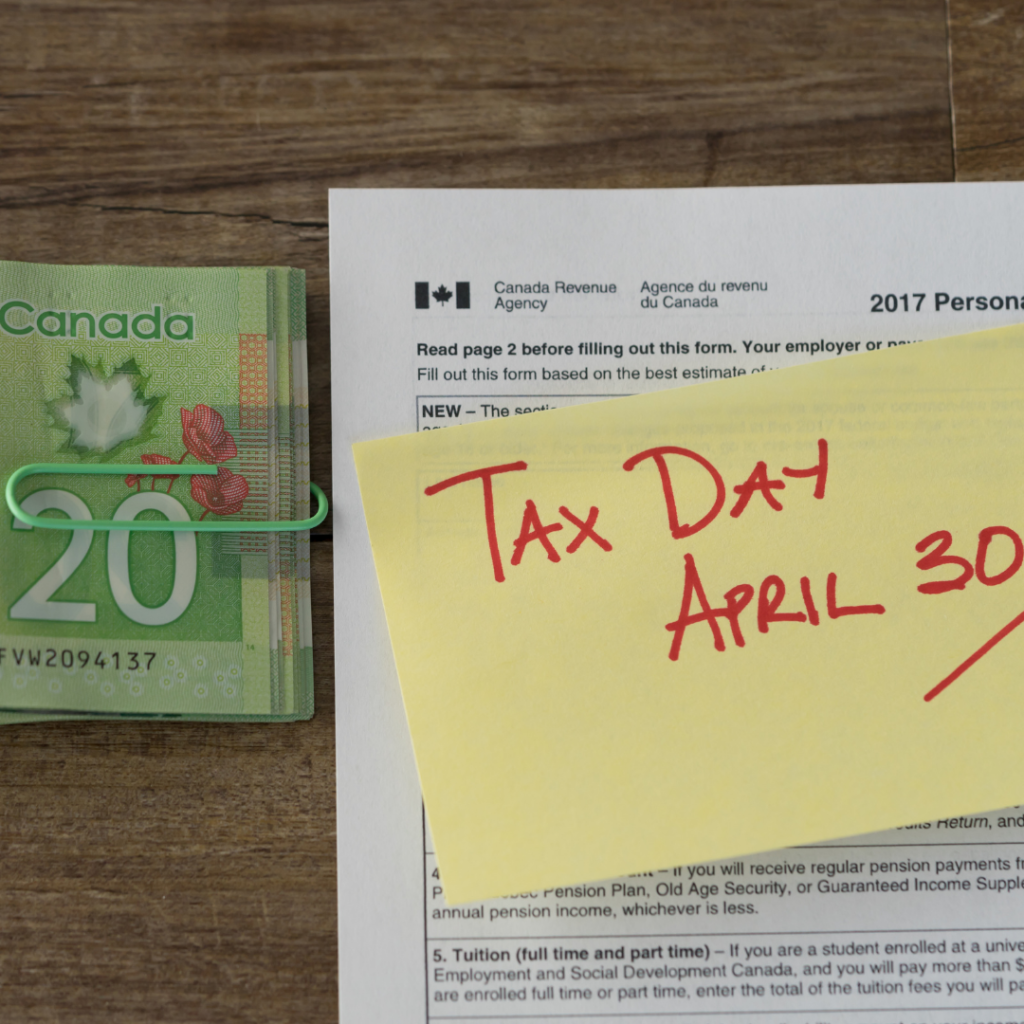One of the most important things for any small business is to be organized and in control. The first step to doing this is to create a budget for your business. But what if you’re self-employed? The task can seem even more daunting because you have no boss or no one checking up on you. Here are some tips to help you keep track of self-employment income as a Canadian citizen.
Why You Need A Budget
In order to manage your money, you need a budget. A budget will help you determine where your money is going and how much you need to make so that you can keep everything in line with your goals.
As a self-employed business owner, you might feel like you don’t have anyone checking up on what’s happening. But a budget will let you know where all of your money goes and how much extra income you need to generate over the course of the month.
There are many tools out there that help self-employed business owners track their expenses and stay organized. These tools will help make sure that every cent is spent wisely and that someone is always on top of things.
One of these tools is QuickBooks Online Canada – an easy to use, cloud-based accounting software designed specifically for Canadian small businesses. Koho and SAP Concur Canada are a couple of expense tracking apps that can help you get control of your finances.
Another method is to create a budget and track your business expenses manually with a spreadsheet. Make categories such as rent/mortgage, transportation, business expenses, and savings. Many people favor a budget that follows the 50 – 20 – 30 rule: 50 percent of your income is for expenses, 20 percent for savings, and 30 percent for everything else.
Creating Your Expense Spreadsheet
First, you need to create a spreadsheet where all your expenses will be tracked. You can use the Google Sheets tool for this. Keep track of your expenses in separate columns by category. For example, if you have a grocery store across the street from the office, enter that in one column and write down how many times you go there on a weekly basis. If you have a monthly membership to an online service, write that in one column and keep track of how much money it costs. Be sure to save all of your receipts in an envelope for tax purposes.
The money you have going out is just as important as what money comes in, because those expenses generate self-employed tax deductions. Deductions help lower your tax bill, enabling you to keep more money in your business and your bank account.
What things can you deduct on your taxes?
- Office supplies
- Advertising, promotion and marketing.
- Bank charges and business interest.
- Delivery and freight expenses.
- Accounting and legal fees
- Purchases of goods for resale
- Business licenses and Insurance
If you work out of your home, you may be able to deduct a portion of your rent and utilities as a business expense. Tracking your expenses is an important part of running a small business or being self-employed. You become the boss and have to account for all the money coming in and out of your business account for legal purposes. If you don’t keep accurate records you could end up with a big tax liability that could come back to bite you in the end.

